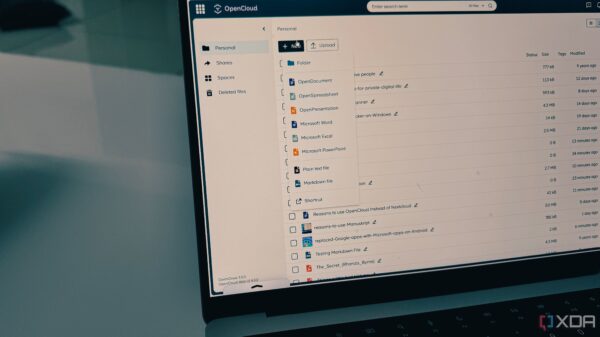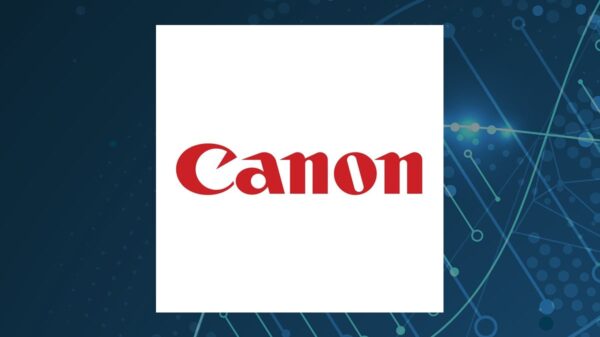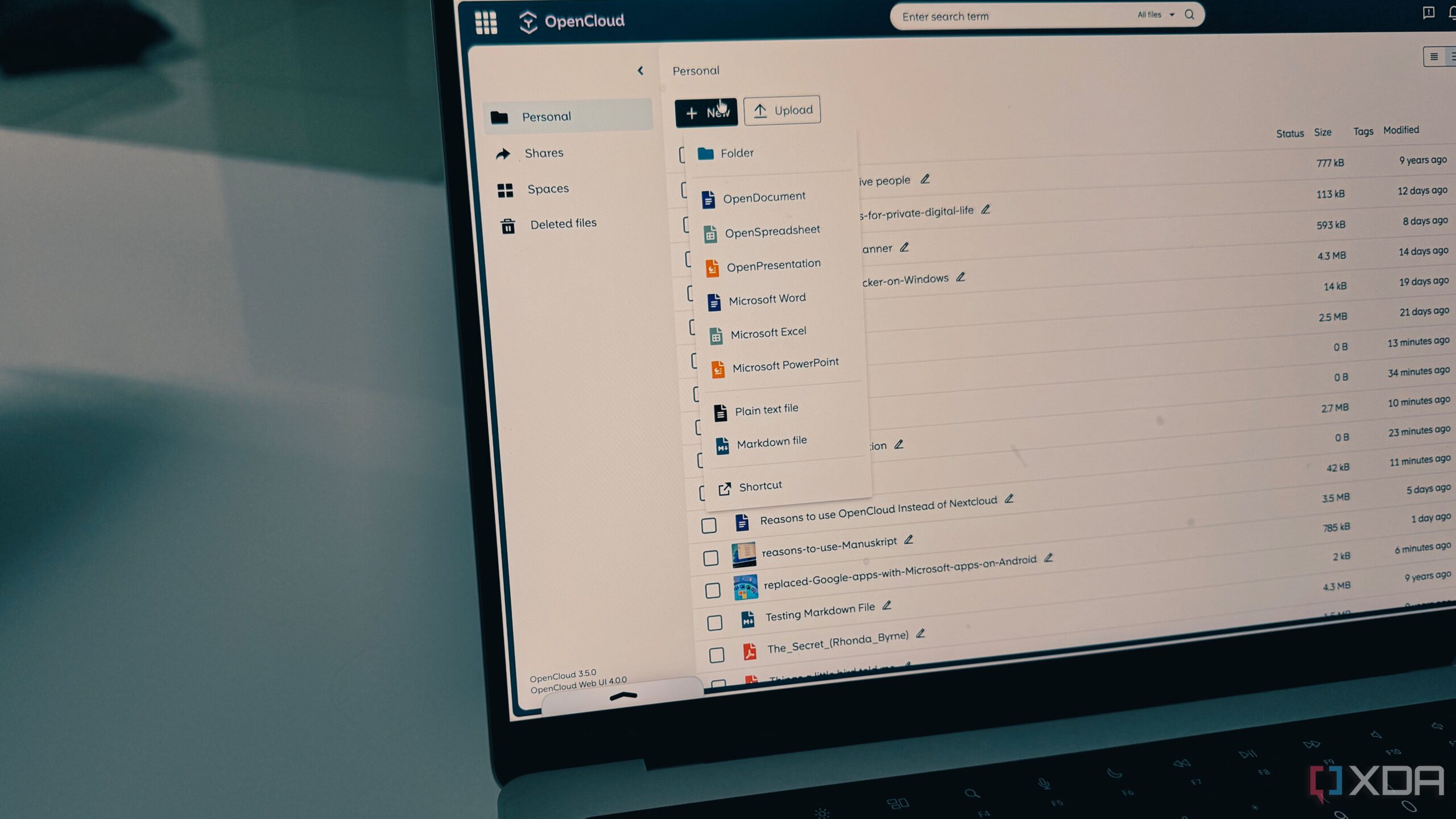URGENT UPDATE: A groundbreaking shift in cloud computing has emerged as a tech enthusiast reveals how a simple setup of just two Docker containers has eliminated their cloud subscription costs entirely. This innovative approach combines the power of Syncthing and OpenCloud, delivering seamless file management without hefty recurring fees.
In a striking move that could reshape how users manage their digital files, the individual reported achieving full data control and real-time synchronization from home. The transition to this hyper-efficient system not only slashed their monthly expenses but also provided greater privacy and speed, addressing the common issue of “cost creep” associated with public cloud services.
The setup, announced earlier today, utilizes Syncthing for decentralized synchronization between devices, allowing instantaneous access to files without relying on a central server. This means files transfer directly over local Wi-Fi, ensuring that updates happen instantly. For instance, if a screenshot is taken on a smartphone, it can be available on a laptop within seconds.
Unlike traditional services such as Google Drive or OneDrive, Syncthing requires no internet upload time, drastically improving efficiency. The user noted that only the changes within a file are sent, saving both bandwidth and time—key factors in maintaining productivity.
Alongside Syncthing, the user deployed OpenCloud, which serves as the central hub for file storage and management. This container mirrors the functionality of mainstream services, offering a user-friendly interface for file sharing, document editing, and storage. Users can access their files globally, mimicking the familiar experience of cloud giants while ensuring complete control over their data.
The implications of this development are significant, as the trend towards self-hosted solutions grows. By eliminating cloud subscriptions entirely, the individual reported achieving zero dollars in recurring fees, a model that could attract those wary of big tech’s data practices.
This innovative approach also highlights the potential for broader adoption among users seeking to regain control over their digital lives. With the rising costs of cloud services, many could find this self-hosted solution appealing.
As more individuals consider this shift, experts anticipate a growing interest in Docker setups for personal and business use. Key players in the tech community are already exploring the practicality of these tools, with others like File Browser also emerging as viable alternatives.
For those ready to take the plunge into cloud independence, the user claims that the journey begins with a simple docker-compose up command. This easy transition could lead to a significant transformation in how digital data is managed and stored, showcasing the evolving landscape of cloud computing.
With these developments unfolding rapidly, observers are urged to pay attention to the growing conversation around self-hosted solutions. The implications for privacy, control, and cost savings are proving to be not just a personal victory for one user, but potentially the dawn of a new era in file management.



































































